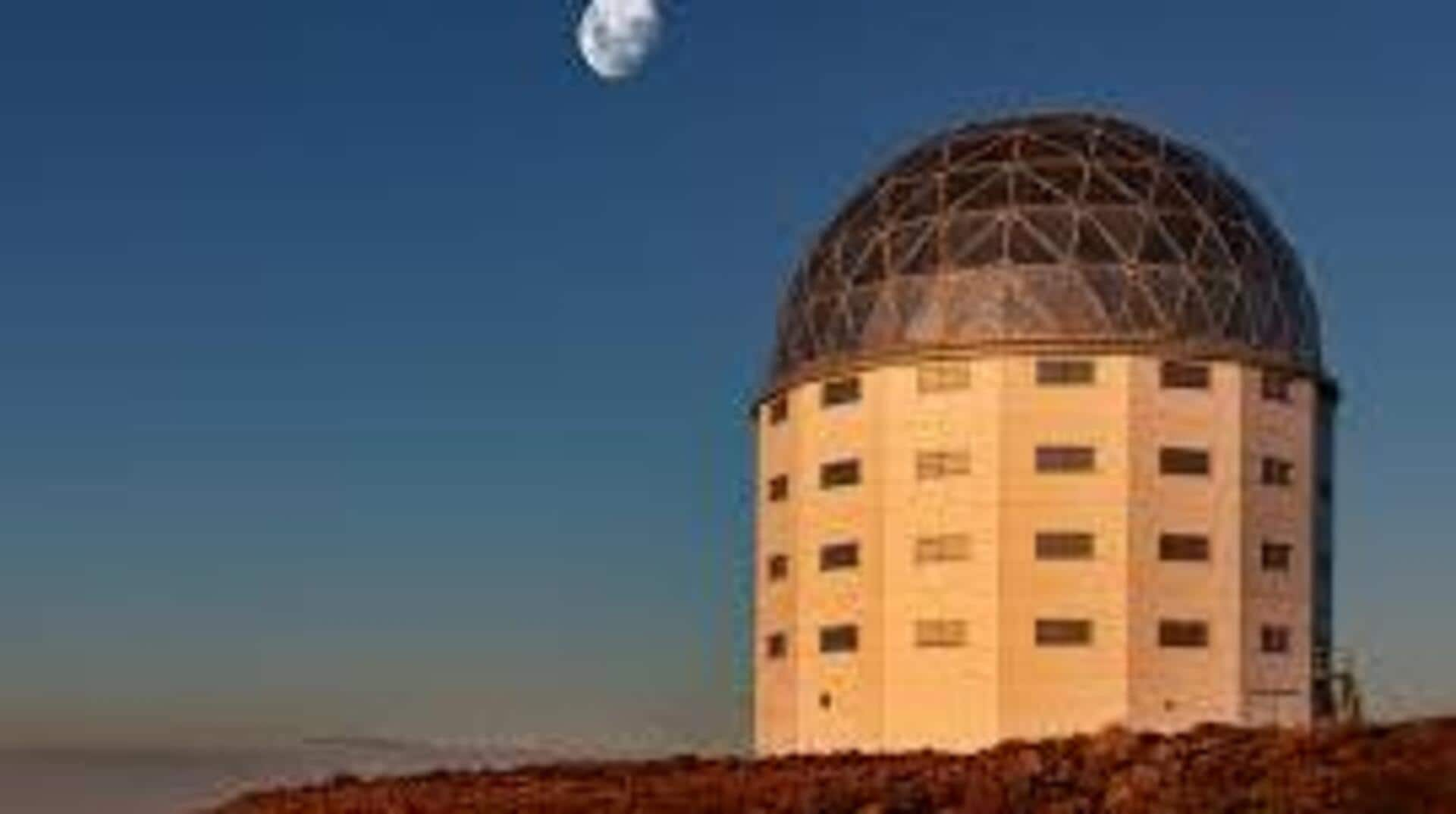
Exploring Africa's astronomical observatories
What's the story
Africa, known for its diverse cultures and stunning landscapes, is also home to some of the world's most fascinating astronomical observatories. These state-of-the-art facilities provide unparalleled opportunities for stargazing and unraveling the mysteries of the universe. From the vast expanses of South Africa's observatories to the smaller but equally captivating facilities scattered across the continent, each serves as a unique portal to the stars.
Sutherland
South Africa's Sutherland Observatory
The South African Astronomical Observatory in Sutherland is one of the world's leading sites for optical and infrared astronomy. Located 1,450 meters above sea level, its high altitude and remoteness reduce light pollution, providing clear skies for most of the year. With daytime guided tours and evening stargazing sessions, it's a paradise for astronomy lovers.
Entoto
Ethiopia's Entoto Observatory
Situated on a mountaintop just north of Addis Ababa, Ethiopia's capital, Entoto Observatory serves as both an educational hub and a beacon of inspiration for aspiring astronomers across East Africa. It boasts two telescopes and hosts public viewing nights, offering visitors the chance to observe stars, planets, and other celestial objects. Most importantly, the observatory has been instrumental in fostering the growth of astronomy education in Ethiopia.
Nairobi
Kenya's Nairobi Planetarium
While not an observatory in the conventional sense, Nairobi Planetarium serves as Kenya's gateway to space science and education. It features immersive shows that transport visitors across the universe with the help of cutting-edge projection technology. The planetarium is a piece of a larger puzzle aimed at fueling curiosity and fostering a love for astronomy among Kenyans.
Oukaïmeden
Morocco's Oukaimeden Sky Survey
Morocco's Oukaimeden Sky Survey (MOSS), nestled in the High Atlas Mountains at over 2,750 meters, is one of Africa's loftiest observatories. It is dedicated to discovering small solar system bodies. MOSS contributes significantly to global efforts in tracking potentially hazardous asteroids and comets headed toward Earth, thereby strengthening our planetary defense.
Visiting tips
Tips for visiting observatories
If you're planning a trip to any African observatory, make sure to check opening times and whether you need to book in advance. Pack warm clothes for chilly nights, especially at high-altitude destinations like Sutherland or Oukaimeden. And remember, patience is key! Some of the best celestial sights come to those who wait under the stars.